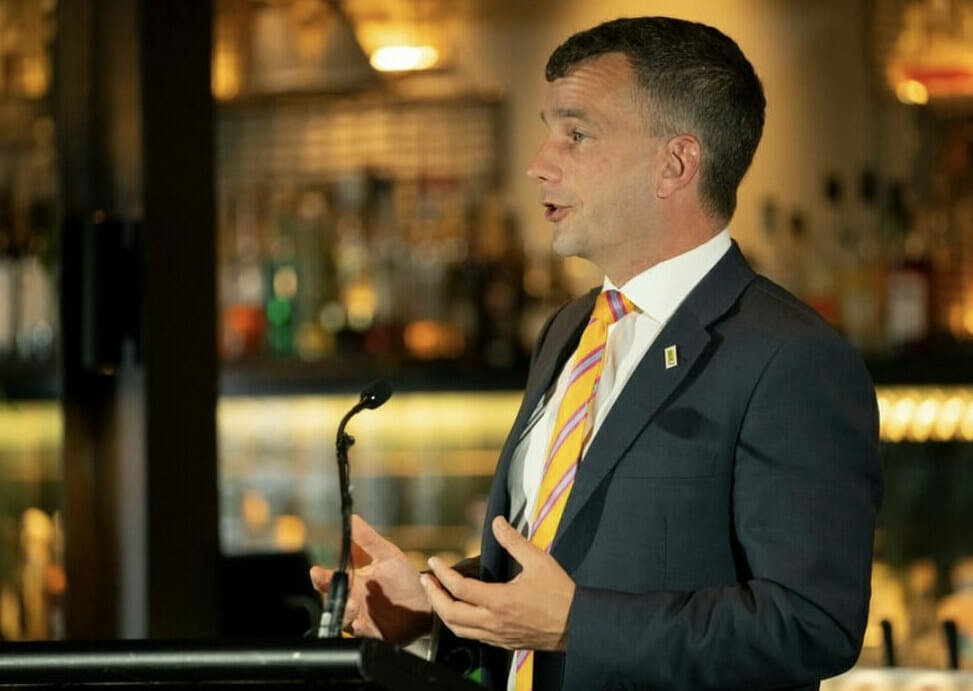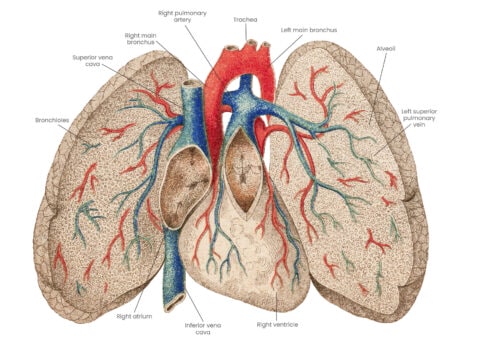As this year’s general election approaches, the cost of living crisis features front and centre. A major part of this discussion is the cost of childcare, with Aotearoa New Zealand having some of the least affordable childcare in the world.
For those with children, various paths can be taken to try and mitigate this expensive reality, but one common option disproportionately impacts women; to reduce weekly expenses, many mothers in Aotearoa are deciding to stay home because going back to work doesn’t cover the costs of outsourcing childcare.
Staying home, however, has long-term economic and social implications for women, including lack of career progression, lower future earning power and social isolation.
The barriers to (re)entering the workforce are magnified when different social characteristics of women are taken into account. In 2022, Manatū Wāhine (Ministry for Women) reported that Māori mothers are 2 to 3 times more likely than Pākehā to not have their child in care due to the cost and accessibility of such a resource. Among the different ethnic groups in Aotearoa New Zealand, Pacific women and their children are the most likely to suffer from the financial burden of childcare. Single mothers, low-income earners and disabled women are also disproportionately impacted.
Traditional gender roles often lead to the expectation that women assume a larger percentage of domestic duties (child rearing, housework, caring for elders), which are often undervalued and unpaid. Despite some changes in traditional attitudes, Stats NZ reports that women still undertake a disproportionate amount of unpaid labour than men. In order to align with gendered expectations, women often sacrifice their personal career aspirations, or at least put them on hold. This sacrifice has economic consequences, too, where women forgo an estimated $116 million in wages every year to be the primary caregiver. When women are, on average, paid less than males, for many families it makes financial sense for them to stay at home.

What solutions do political parties propose?
Under Jacinda Ardern, the Labour Party promised subsidised childcare as a way to address the rise in day-to-day expenses. The policy increases the income threshold for families which had been frozen since 2010 and has meant that more than half of kiwi families are now eligible for support.
The policy announcement coincided with findings from Manatū Wāhine (Ministry for Women), who identified that, for a number of reasons, women interact differently with the labour market than men. Known as the “motherhood penalty”, where upon returning to work, women experience an hourly wage decrease by 4.4 percent — the ‘Women’s Employment Action Plan’ addresses the “need to improve access to quality, affordable childcare” so that women have more opportunities in the workforce.
In 2022, the Green Party welcomed Labour’s “modest support” for families but urged the government to do more to ease the pressure. In a press release, co-leader Marama Davidson stressed the need to invest in “community childcare, pay equity for teachers, and ensuring all kids have access to quality care options”. When the social value of early childcare services is recognised, children, parents and those working in the ECE sector (a female dominated industry) all benefit.
The National Party recently proposed to tackle the high costs of childcare by introducing FamilyBoost – a childcare tax rebate of up to $75 per week (on top of the childcare subsidy that Labour introduced last year) for families earning below $180,000. With the intention of returning much needed money to families, this rebate approach has the potential to allow women to participate more fully in the workforce.
The ACT Party and Te Pāti Māori are yet to release a policy that explicitly looks at the early childcare and education industry. ACT, however, have labelled Labour’s childcare subsidies as a ‘lucky dip childcare policy. They claim there is a “fairer” way to support Kiwi families and that is through delivering tax cuts to middle income earners in Aotearoa. In a similar approach to National, their tax cuts would help families keep more of their money which, in turn, would help cover the cost of childcare. An absence of a specific childcare policy, however, fails to address the core issues within the ECE sector and how women are impacted as a result.

These policies can be considered in light of evidence from overseas. The current Australian government has launched an inquiry into the early childhood education and care sector, stating that rebate and subsidy approaches implemented in the 1990’s have not produced the desired outcomes of affordability and accessibility. The Canadian government has also opted to revise their rebate approach, to instead commit to offering childcare for $10 a day by 2026.
While subsidies and rebates allow families to keep more of their money, these overseas examples show that such approaches don’t address core systemic issues in the early childhood and care industry. Critics point to these policies as a band-aid solution on top of an already dysfunctional, privatised system. The Child Poverty Action Group (CPAG), for example, claims National’s policy is too short-sighted and fails to address the root problems within the ECE sector.
Early childcare and education centres are fundamental in the development of children and contribute to better outcomes for children that attend. Women face better economic and social outcomes when childcare is affordable and accessible, as they are able to focus on their personal and career aspirations beyond care work. A study showed that mother’s participation in employment “enhance[es] social connection and interaction with colleagues, which is…positively associated with subjective well-being”.
Are childcare subsidies and rebates the way forward? Or, as illustrated by overseas examples, are they simply short-term solutions that fail to look at the larger structures at play? How we value childcare, value those who work within the industry and value unpaid care work must be considered if we want political parties to address systemic issues in both the early childhood education sector and in regard to women’s economic opportunities.
This piece was written before Budget 2023, but recognises Labour’s investment in early childhood education with their announcement of extending 20 hours free ECE to two-year-olds. While it is a boost for the early childhood education sector, systemic issues must still be addressed to produce better outcomes for children and women.
Related Article: Law Firm Buddle Findlay kicks the Motherhood Penalty








